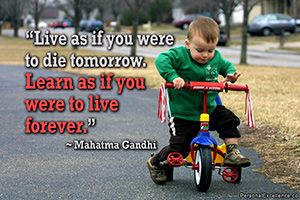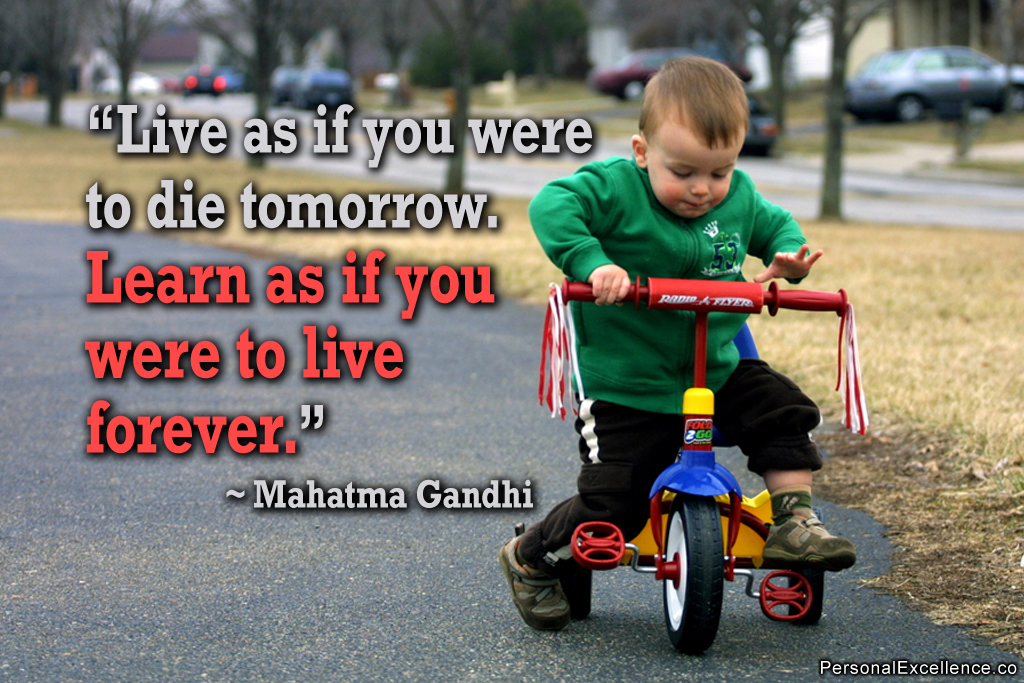
(Image)
Have you heard of the story of bullshit before? It goes like this:
A bird was standing in a field chatting with a bull.
“I would love to get to the top of yonder tree,” sighed the bird, “but I ain’t got the energy.”
“Well, why don’t you nibble on some of my droppings?” replied the bull. “They’re packed with nutrients.”
The bird pecked at some dung and found that it gave him enough strength to reach the first branch of the tree. The next day, after eating some more dung, he reached the second branch. And similarly for the third day.
Finally, on the fourth day, he was proudly perched at the top of the tree.
This was when a farmer saw him, dashed into the farmhouse, emerged with a shotgun, and shot the bird right out of the tree.
Moral of the story: Bullshit might get you to the top, but it won’t keep you there.
Have you ever met someone who bullshits? I’m sure you have. Maybe you are dealing with such a person right now. Maybe this person is from your workplace or in your industry. Maybe the person is doing very well — earning lots of money, highly successful, and famous, thanks to his/her bullshit.
It’s frustrating dealing with such people, because while they easily get ahead with their lies and exaggeration, we have to work extremely hard just to achieve the same with truth and ability. Many times, these bullshitters soar ahead because it’s simply easier to climb to the top when you lie.
For example, someone who gets the job because he lies about skills he doesn’t have.
Someone who gets more customers because he inflates what his product can do.
Or someone who gets promoted or makes it to the top because he takes credit for others’ work and exaggerates his role in everything.
I’ve faced such people in the corporate world and in the coaching industry, and it’s frustrating to see these people sometimes, for the reasons shared above. For many online business and internet marketing coaches, it’s common for them to hugely exaggerate their ability and results, get lots of customers and money this way, and then achieve the very success and wealth they bragged about having at the start. “Fake it till you make it,” as they often say.
Yet, I believe at the end of the day, truth prevails.
While someone can get ahead initially with bullshit, eventually people will see through their lies. At the workplace, people can tell when a person is full of hot air after working together, and will either stop working with them (if they are a service provider) or expose their deficiencies to management (if they are an employee). With a company’s products and services, sites like Quora, Reddit, Facebook, Amazon, and Google Reviews have become avenues for people to share their experiences with a product or service — be it good or bad. The internet has made it easier to fact check claims online, and expose bullshit. People can now gather online to share insights, experiences, and observations of a brand, service, product, or even individual, and it’s more difficult for a bullshitter to get away with their lies and exaggerations.
Whatever it is, when it comes to bullshitters, people will eventually see a pattern in their behavior, spot discrepancies between their words and actions, and start to mistrust their words.
History has already shown this:
- Elizabeth Holmes was the CEO of Theranos, a now-defunct blood-testing company. She famously built it up to a US$9 billion valuation by hugely exaggerating and lying that they had developed technology that could run hundreds of blood tests on tiny volumes of blood — when their technology never actually worked. She’s now widely panned in entrepreneurial and bio-medical circles and has no chance of ever starting a company without her past catching up to her. She has been convicted with wire fraud and faces up to 20 years in jail.[1]
- Bill McFarland was the founder of Fyre Festival, a luxury music festival that never happened. Using fake documents with hugely exaggerated earnings, he attracted investors to put more than $26 million into his companies, and cheated investors and attendees of their money by promising a luxury music festival that was never delivered.[2][3] Instead of luxury villas and gourmet meals which attendees paid hundreds or thousands of dollars for, they got disaster relief tents and plain cheese sandwiches in Styrofoam boxes.[4]
Looking at McFarland’s career, he had a history of “overpromising experiences that were not delivered”[5] and being “stunningly ignorant of what it would take to make his promises a reality.”[6] He was sentenced to six years in prison in 2018.
- In the online course industry, there was a time in the 2000s and 2010s when self-proclaimed business coaches would earn six to seven figures a month selling overpriced courses on “How To Start Your Online Business” (and similar topics) to unknowing customers, with promises of financial freedom and autonomy over your life. Many of these courses often had basic, even outdated information packaged into fancy programs, and were not worth their few-thousand-dollar per course price tag. Yet customers would never know since they were not from the industry. Most customers who purchased such programs would not succeed and would blame themselves for their failure, not realizing that the programs were fundamentally flawed.
The great thing is that consumers are getting smarter. A simple search on Google now reveals more balanced, even negative reviews by past customers. (I shared this in 5 Harsh Truths About Blogging [Podcast] and Are You Looking For a Magic Bullet For Your Goals?)
Of course there are always going to be outliers — people who thrive despite their bullshit — and this is something we can never really change as long as they are inefficiencies in the world.
What we can do is to keep our chin up. Focus on ourselves, our work, our craft. Think about what we want to achieve, and focus on it.
Because success built on talent and ability is unshakeable. While bullshitters can exaggerate and succeed based on their lies, ultimately they’re building a house of cards. It’s a matter of time before these cards fall. These bullshitters can be shot down at any time (i.e. by the farmer in the story) when people realize their lies and expose them. Or they simply fall into oblivion when they can no longer get anywhere with the same shtick.
On the other hand, when you approach your work with hard work and groundedness (not exaggeration and lies), you may start out slow, sure. But trust is the key to building any relationship — be it with customers, clients, or co-workers. People will work with you, know that you’re the real deal, and want to return to work with you again. In time to come, as people start to see the hollowness and gaps in the bullshitters’ words, they will recognize you for the gem that you are, and come to you.
So you do you. Ignore the bullshitters. Develop your vision, create your goal strategy, and do the work. Work on being the best in your craft. Read the posts in my Goal Achievement category to get started Your work will speak for itself soon enough.
For more moral stories, read:
Also read: How To Deal With Dishonest People







 I hope you find my content helpful. Join my community of 65,000 readers and get my latest articles delivered to your inbox. Your email is safe and I never send spam.
I hope you find my content helpful. Join my community of 65,000 readers and get my latest articles delivered to your inbox. Your email is safe and I never send spam.
Commenting for this post is closed.